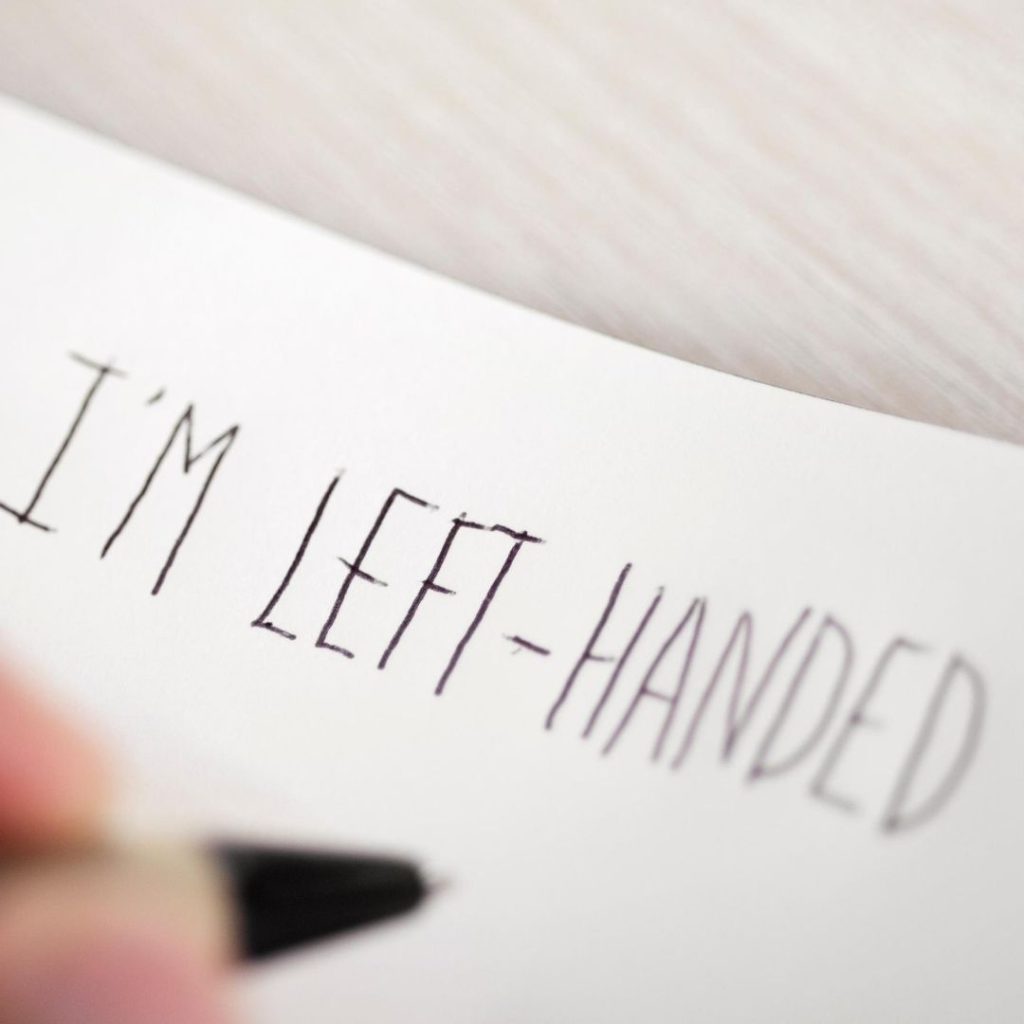Shimbo Pastory
This article was published in The Citizen Newspaper – Tanzania on 16th August, 2022.
With early childhood and teenage duly shared between East Africa (Tanzania) and West Africa (Nigeria) respectively, I can give firsthand testimony that several African societies do not consider left-handedness with high regard.
This predisposition, or better-put predilection, is embedded in the cultural ethical constructs and spelt out in norms, manners, language, and the general understanding of good conduct.
Handedness is particularly an interesting and unique aspect of human life. Generally, the right hand is taken to be the ‘normal’ hand for use in cooking, eating, serving food, serving drinks, giving things to people, greetings, handshakes, and ushering people in or out, to mention but a few.
On the other hand, the use of the left hand is left for assisting the right hand, and for private or personal things. The hygienic dichotomy is also common amongst African cultures, whereby even after being washed, the left hand remains unhygienic for eating; though it is agreeable that this does not work so well with rib side ‘nyama choma’ and chicken thighs.
Being a left-handed person has been quite a journey; in primary school, together with other few left-handed fellows, we had to tread with caution as some teachers openly (and weightily) discouraged the use of left hands for writing.
The inability to use the right hand was not an issue, but it mattered that we should not use the left hand. I believe that the past had an impact on me, as it made me insecure, constantly feeling that I am using the wrong hand to do things, but cannot help it.
The global uptake
It is scientifically established that handedness dominance is genetic. That is to say, it is fundamentally not learnt, even though it can be learnt. In 2019 a multidisciplinary research on handedness by Oxford University was completed, and one of its breakthroughs was the discovery of particular gene variants that had to do with left-handedness.
This is one of the signs that the world values the uniqueness among people. These studies have always been of help in improving the general corpus of knowledge, promoting fairness and inclusiveness, and upscaling the understanding of the general public.

The International Day for the Left-handed was inaugurated in 1976, and since then the 13th of August marked the occasion. The aim is to create friendly and convenient life and work environment for the 10% of people in the world who are not right-handed, and who do not comfortably work with their right hands as their dominant hands.
Defying myths
There are so many myths about left-handedness; here I will focus on the negative ones. In some societies left-handedness is a sign of a curse, in others bad luck; use of it in some circumstances can be judged as dirtiness or even disrespect. Some societies believe that left-handed people don’t live long; “they die somewhere in-between.” This brought me a lot of unhappiness as I never saw an elderly left-handed person.
Our societies need to see the bigger picture beyond what our cultures teach. Science informs cultures; it polishes them. With a great deal of advocacy, young people who are born left-handed will find pride in their uniqueness, and society will benefit more from having them than from changing them.
There is also scientific backing, ceteris paribus, that left-handed people tend to be generally smarter, with comparable higher IQs, and outstanding in art, creativity, imagination, intuition, visualization and rhythm.
Though this sounds like mere flattery; the goal here is to transform our societies so that handedness does not become a burden too heavy to bear. There is no point asking children to change their dominant hands because such dexterity is wired completely all over their bodies.
The right left
The Tanzanian education and human empowerment policies need to have plans in place to see that there is inclusiveness, respect and provision of the necessary equipment for left-handed students to make learning a comfortable engagement for all. It is necessary to have a moral support system among the children themselves so that as they grow up handedness does not become an issue.
At an early age, left-handed children can also be told of the successful and globally reputed left-handers. Among others, Aristotle, Albert Einstein, Leonardo Da Vinci, Amadeus Mozart, Michelangelo, Napoleon Bonaparte, Charlie Chaplin, Neil Armstrong, Nicole Tesla, Henry Ford, Mark Twain, Diego Armando Maradona, Pele, Winston Churchill, Prince William, George Bush, Celine Dion, and Barrack Obama. This will help build their courage.
Some tools are designed for left-hand users which will be of great help if they are made available, such as pairs of scissors, pruners, pairing knives, corkscrews and can-openers, tape measures, kitchen utensils, and musical instruments like guitars and violins. These will help to strike a balance and bring about ease in daily creative and productive activities.
